The end of deference: Why using the right title matters
It might be an 'old-world problem', but using incorrect form when addressing someone is a symptom of laziness and inaccuracy that we should all worry about.
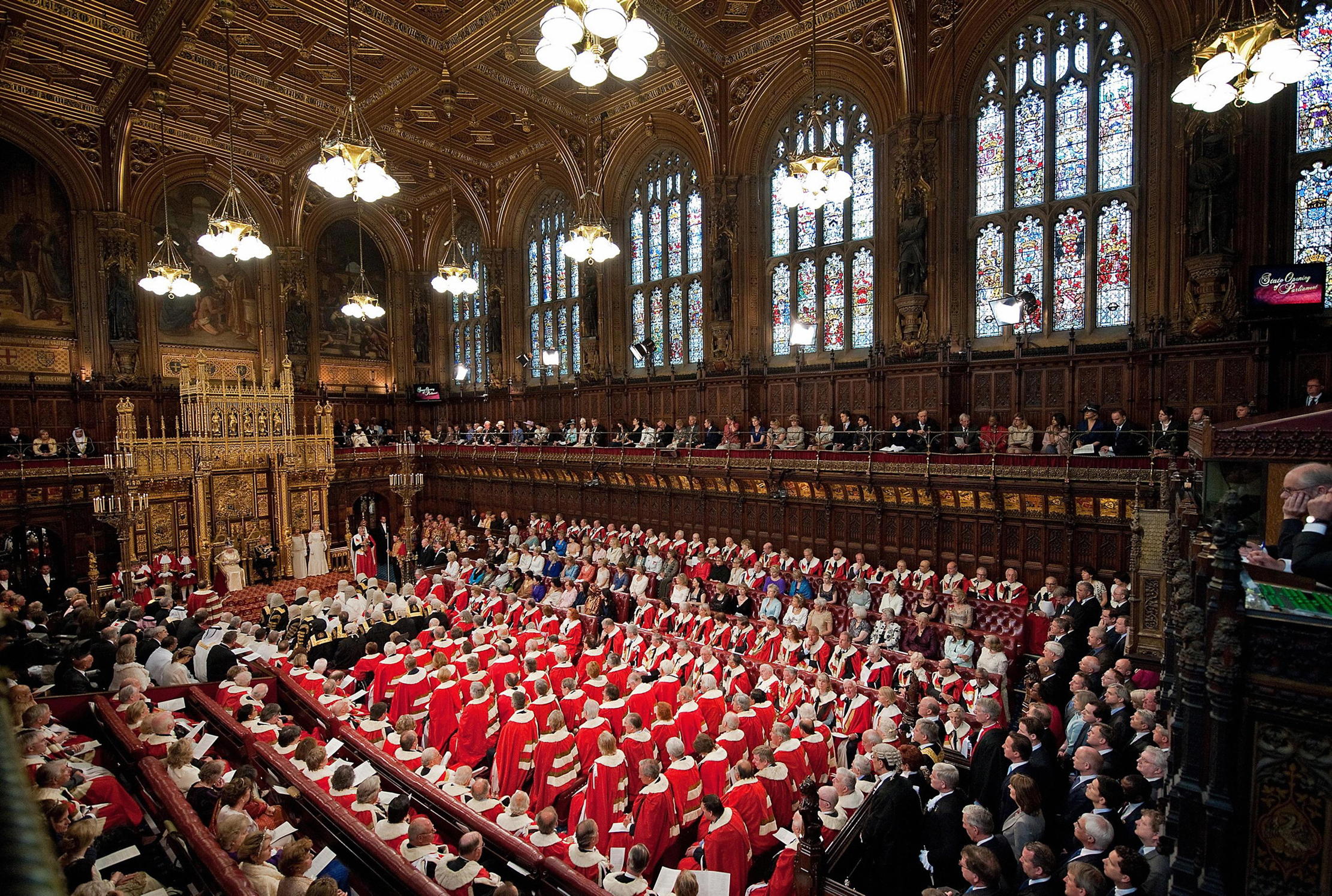
There are not many hills that I am slightly prepared to die on, but one is getting people’s names – and titles – right.
This is, admittedly, an old-world problem. Few care about titles these days, but the decline in the use of correct form is becoming an epidemic. There have been a few particularly egregious incidents over the past month. First, Tatler – supposedly the very bible of the upper class – committed a basic error when writing about the late Loelia, Lady Lindsay, and promoting her to Lady Loelia Ponsonby, Duchess of Westminster.
Alas, no such person existed. Loelia, the daughter of royal courtier Fritz Ponsonby, was born Miss Loelia Ponsonby. Her father was ennobled in 1935 as Baron Sysonby, by which point Loelia had married Hugh ‘Bend’Or’ Grosvenor, 2nd Duke of Westminster, and became the Duchess of Westminster. Loelia and Bend’Or’s marriage was dissolved in 1947, and Loelia became Loelia Duchess of Westminster — as he was married four times, it was helpful to be able to distinguish between his different duchesses. When Loelia remarried to Sir Martin Lindsay, 1st Baronet, in 1969, she became Lady Lindsay, and upon his death in 1981, she became Loelia, Lady Lindsay. She was never Lady Loelia.
A few days after Tatler’s indiscretion, Oxford University was at it too, not just once but thrice in one Twitter/X post. Lords Mandelson and Hague, the former Labour minister and former foreign secretary respectively, are running to be chancellor of Oxford. In its social media post, the university promoted both men to sons of, if not dukes, marquesses, as Lord Peter Mandelson and Lord William Hague. Labour politician Janet Royall, Baroness Royall of Blaisdon, who is also running for the same office, suffered a similar indignity, becoming a wholly invented rank: Baroness Jan Royall. Poor Lord Mandelson – a phrase never before uttered – was a victim of this again a week later when the News Agents podcast also referred to him as Lord Peter Mandelson.
'The getting wrong of titles is not so much the mark of the end of deference, but the end of sub-editors on Fleet Street who always got it right'
You might wonder why it matters. After all, people understood who was being referenced in Oxford’s tweet. They might not compute ‘Lord Mandelson’, but they would recognise ‘Peter Mandelson’ – but oh wait, he’s a Lord now, so let’s just join them together. I’m sure that’s the thinking behind it: that these things can just be rolled together for simplicity. That may be the more logical approach today, but it is not the prescribed one. Until someone changes the rules and says that these things no longer matter then it is wrong, and it makes me cringe.
I make a living writing about landowners and the aristocracy, so it is my job to know these things. I have had to learn about it, and I check things if I’m not sure. Few know the ropes from the cradle – and in my experience, plenty of people from titled families have scant understanding of how to address people such as their own fathers. But if you are in the business, to whatever extent, of using people’s titles, you ought to get them right. If you are a magazine that purports to be the authority on the upper class, or, say, the world’s leading university who might, soon enough, have a peer at its head, perhaps a working knowledge of basic correct form would be useful.
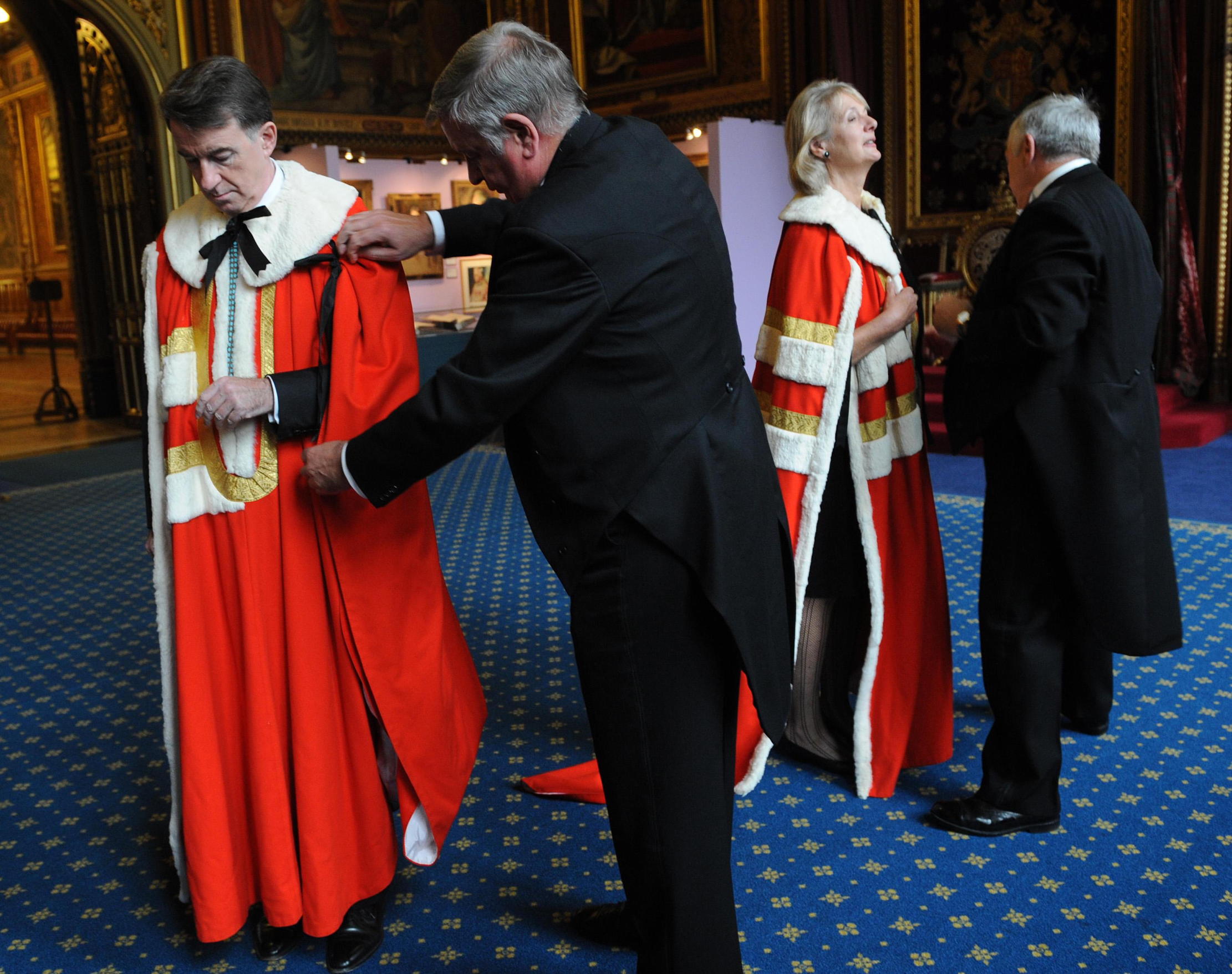
This particular variety of the failure of correct form is what the writer Lady Celestria Hales – and yes, that is her name – calls ‘Lady Diana Mosley syndrome’, after the former Mitford girl who married Sir Oswald Mosley, 6th Baronet, and thus became ‘Lady Mosley’. As Lady Celestria told me, ‘she is always called “Lady Diana Mosley” and you can never convince people that she was not.’ The getting wrong of titles, she says, is not so much the mark of the end of deference, but ‘the end of sub-editors on Fleet Street who always got it right.’
Exquisite houses, the beauty of Nature, and how to get the most from your life, straight to your inbox.
It is hard to argue with this conclusion. In my journalism I remain on high alert when mentioning titled people in my work since errors are often slipped in by sub-editors who haven’t checked. It happens not infrequently: the daughter of an earl being promoted to a mythical new title, the son of a duke becoming the holder of a wholly different one. There will be more errors in future, I’m sure, and there will be more emails, from me, asking for corrections and hoping not to look like such a moaning minnie that I lose my job.
The decline of correct form, and the feeling of being slightly irritated when this is in evidence is, as I say, a fairly niche gripe. Does it matter, in the big scheme of things? Yes, I believe so. Will the world change? Likely, no. But if you have the opportunity to do it well, give it a go. After all, isn’t it nice to just get things right?
Correct form, a cheat sheet – to help with the most frequent errors
Wives of peers
These are not known as ‘Lady Josephine Bloggs’ unless they are themselves the daughters of an earl, a marquess, or a duke. And even then, the convention is to take on their married rank: thus Lady Josephine Bloggs, daughter of the Earl of Nowhere, becomes, upon marriage to the Earl of Somewhere, the Countess of Somewhere.
Life peers
Both those who have been well known by their pre-ennoblement name, and otherwise are called Lord Bloggs. Not Lord Joseph Bloggs, just Lord Bloggs. If you must, Lord (Joseph) Bloggs, if that makes it easier for people to recognise the name, in cases where a public figure has been ennobled, but it is not necessarily well known, such as in the case of, say, Lord (Chris) Grayling, the former transport secretary.
Life peeresses
These are called Baroness Bloggs. Again, not Baroness Josephine Bloggs, and the same rule applies: if it makes it easier in referring to someone to put their Christian name in parentheses, go for it.
Ladies by courtesy
These are daughters of earls, marquesses, or dukes, and they are called Lady Josephine Bloggs, not Lady Bloggs. The latter may well be someone else’s title.
Lords by courtesy
These are sons of marquesses or dukes – though not earls, helpfully. They are called Lord Joseph Bloggs, not Lord Bloggs. Again, the latter may be someone else’s title from another family.
Wives of knights
Those (un)lucky enough to have married a knight, unless they are themselves a lady by courtesy, do not keep their Christian names in address. Sir Keir Starmer’s wife is Lady Starmer, not Lady Victoria Starmer.
Eleanor Doughty is a journalist and editor who has written for the Financial Times, The Sunday Times, The Daily Telegraph and Country Life
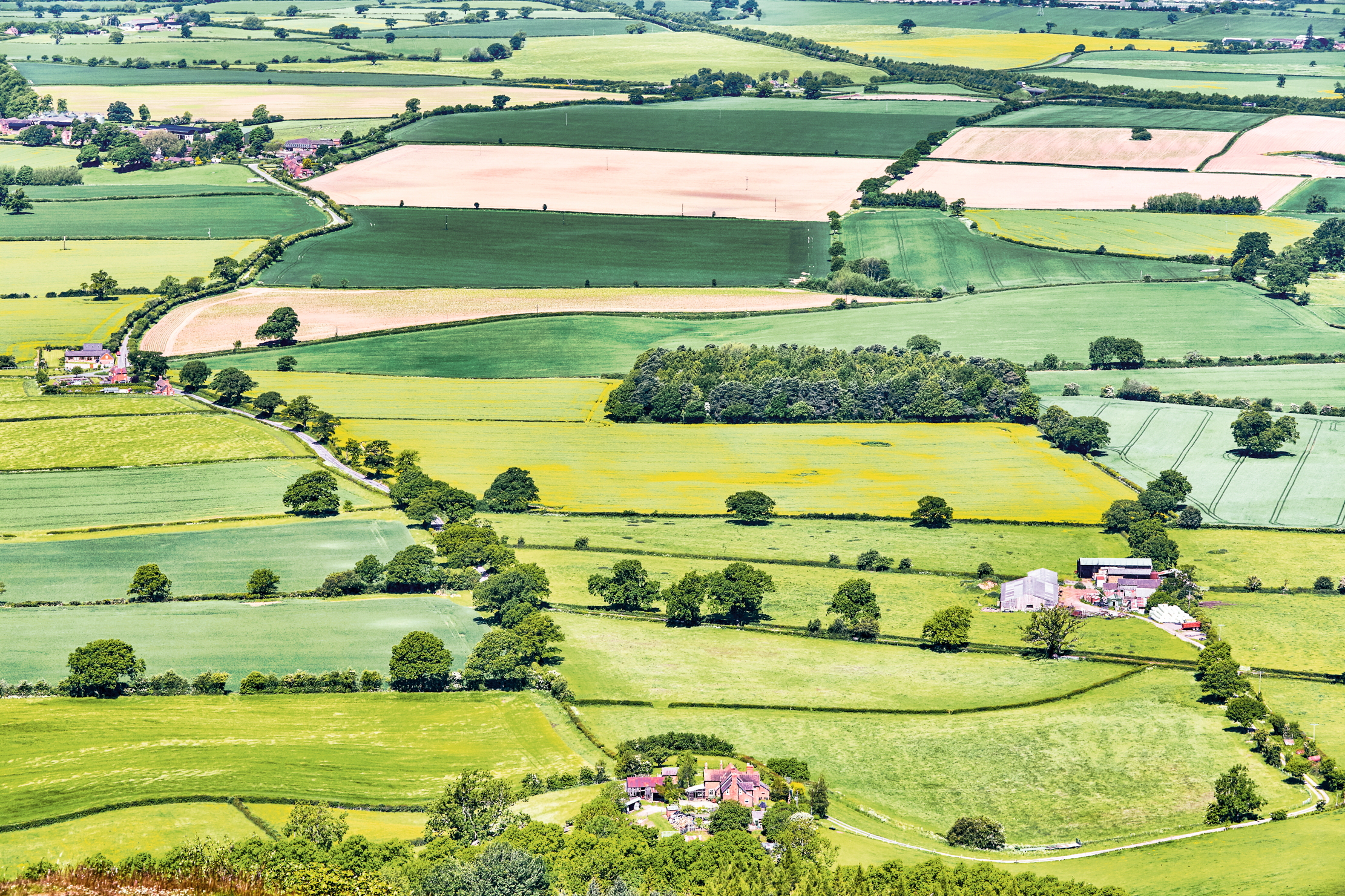
Minette Batters: 'There are serious questions to be asked as to whether the advice given to ministers is correct'
The former NFU President and crossbench peer worries about the effects of the latest budget, and asks why we can't
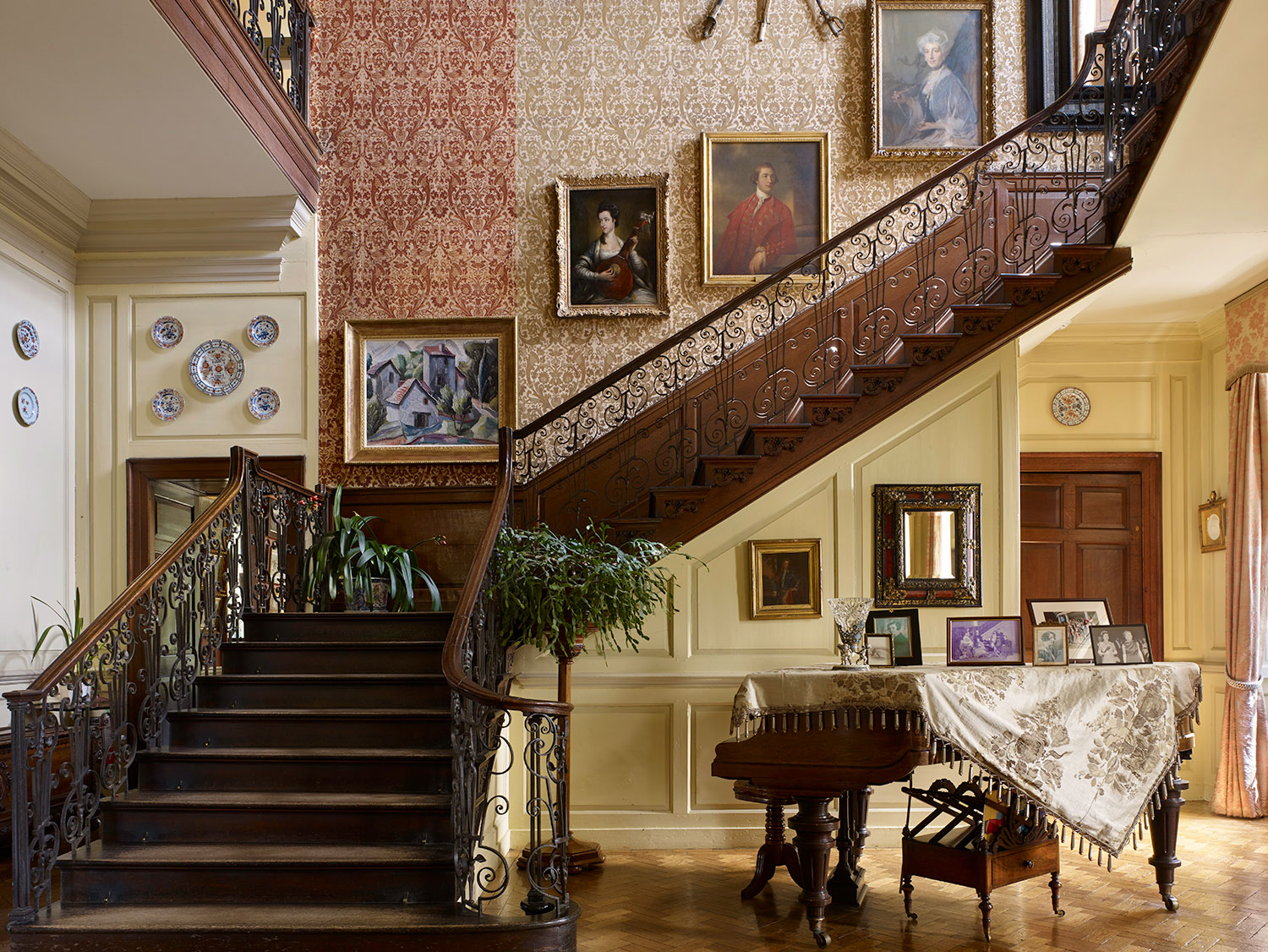
The law of unintended consequences is teaming up with Britain's latest tax rises — and it'll hit our historic houses hard
Country Life's cultural commentator Athena takes a closer look at last week's budget and foresees trouble ahead.
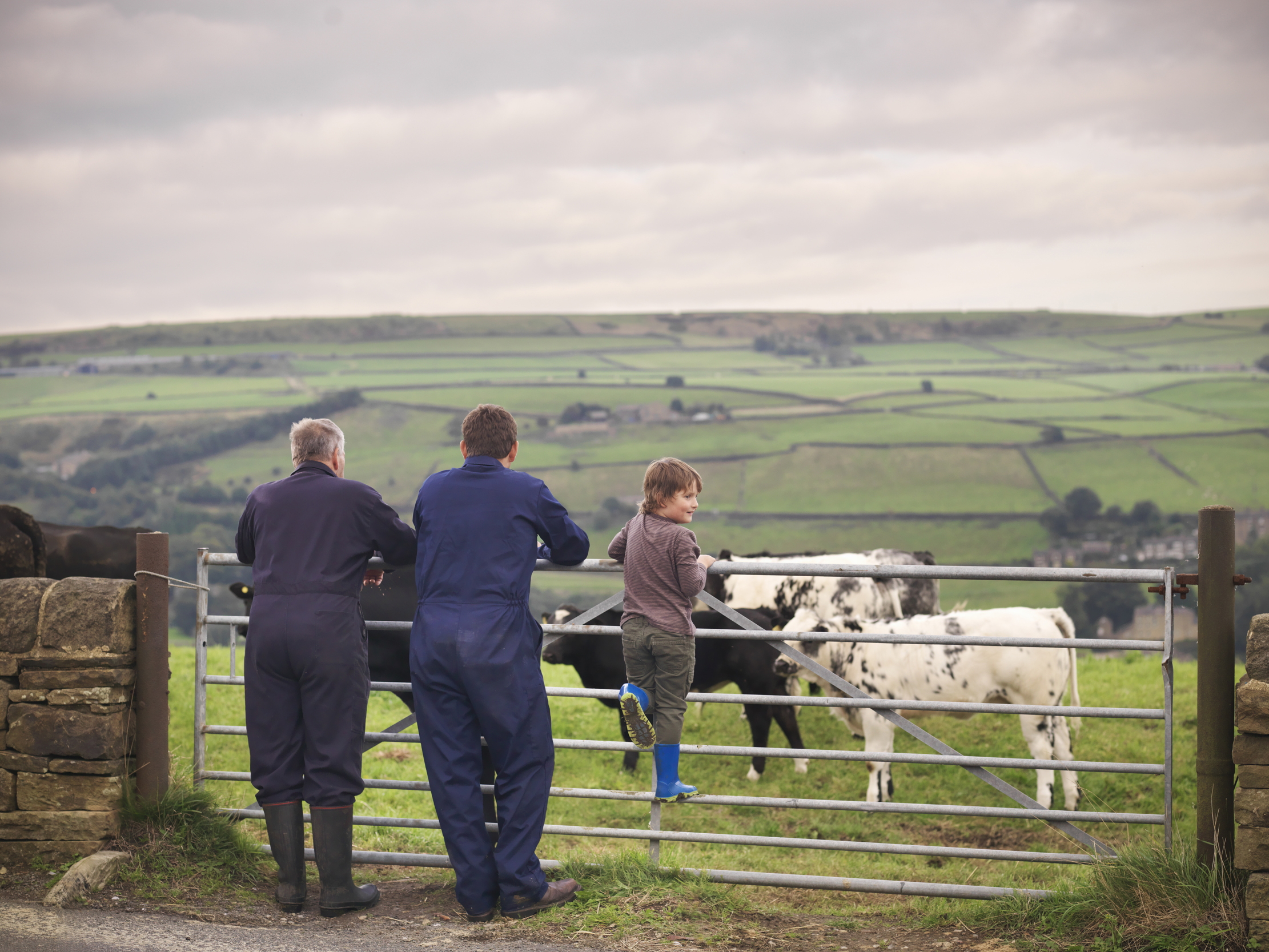
Credit: Anthony Rakusen via Getty
Agromenes: A budget of betrayal
Labour has turned it's back on the farming community with its latest plans on Agricultural Property Relief.